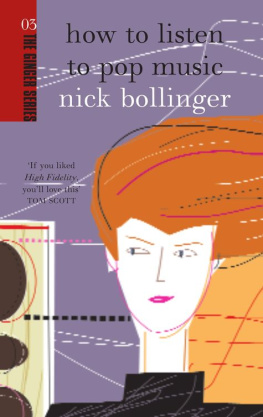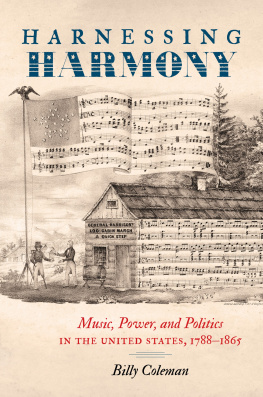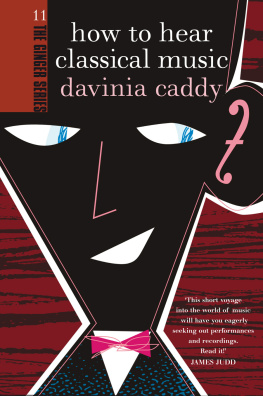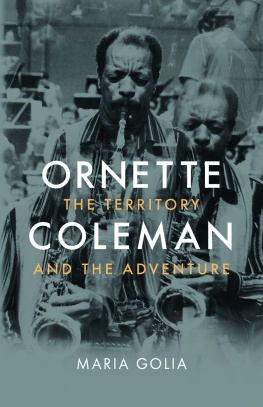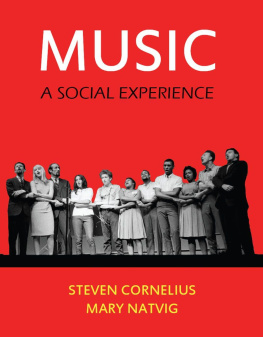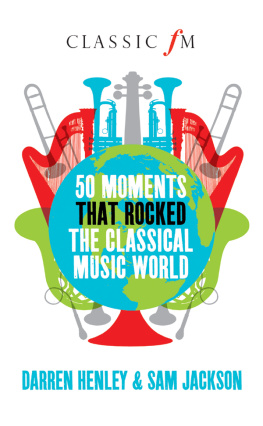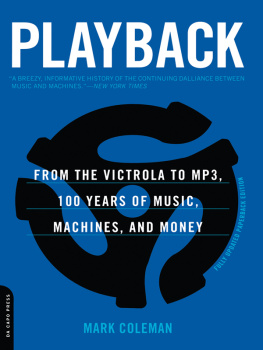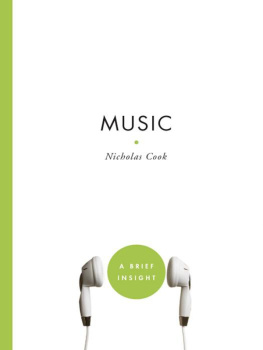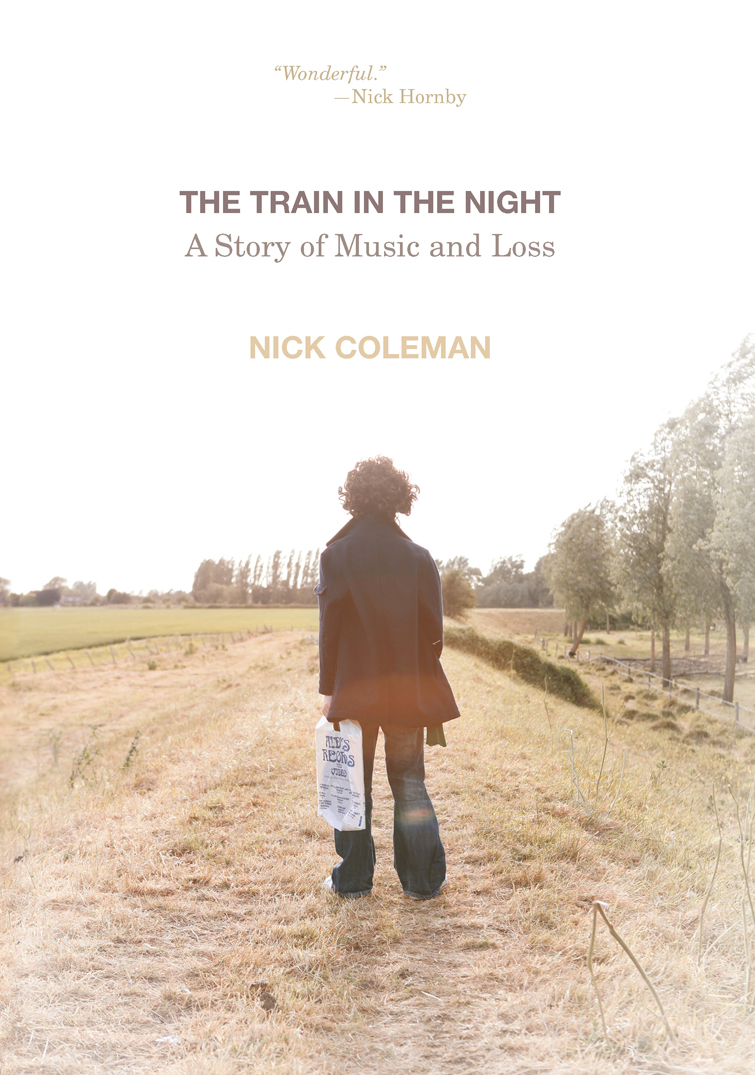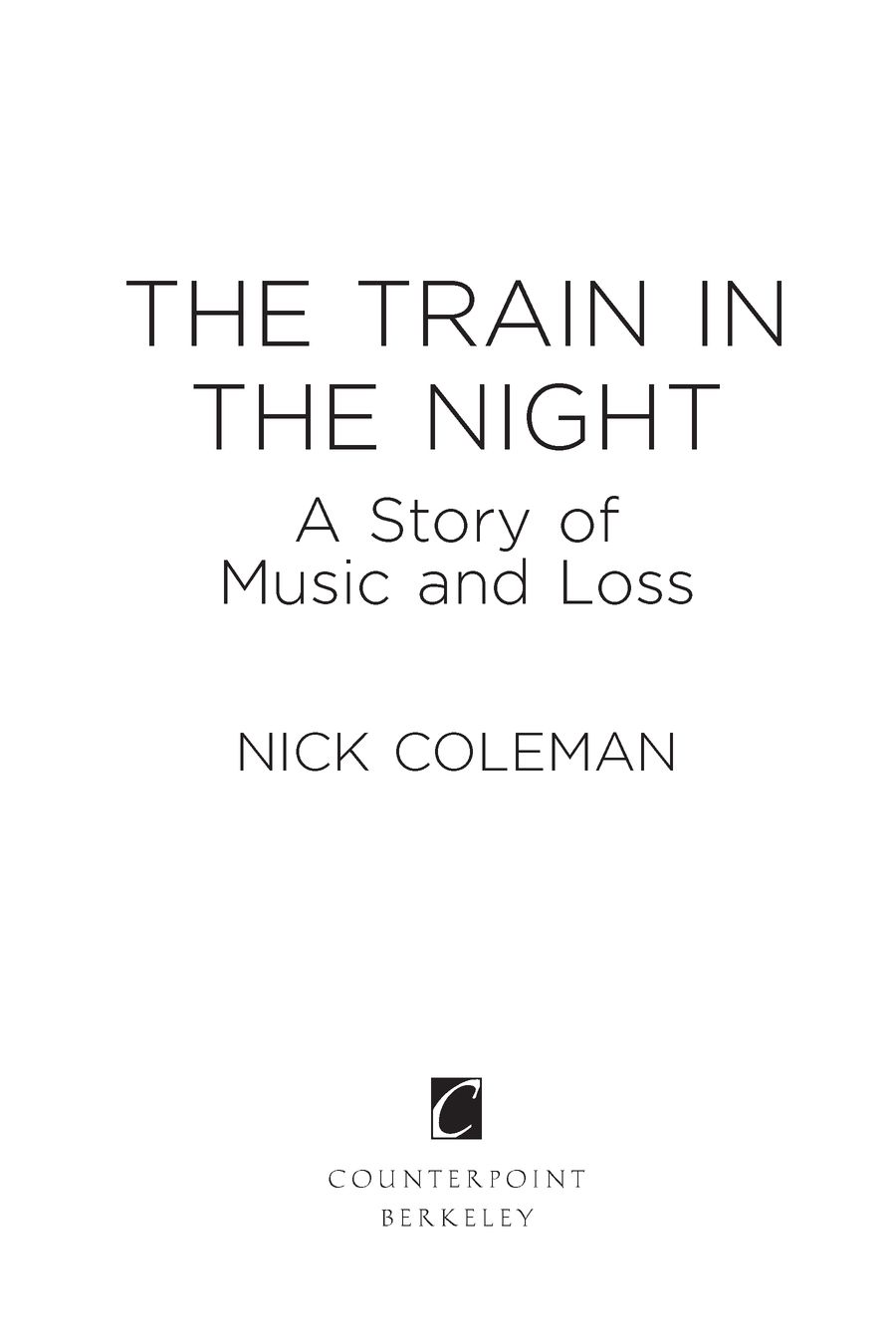Table of Contents
Guide
Table of Contents
For Roger and Mary
Silence descended suddenly and without warning. I put two mugs of tea on the bedside table, sat down, passed one to my wife, hoicked my legs into bed, lowered my head and... pffffff.
One ear gone.
The silence did not descend silently, however. It made a small sound. You might compare it to the sound of a kitten dropping on to a pillow a soft sonic dimple, barely there; a dimple gathering scope to itself, widening like a pool. After an hour, the pffff had developed a pulse. Then the pulse smoothed itself out and I started to throw up. Eventually I went to hospital.
After a few days in hospital and a number of unexciting pharmacological adventures, the pffff evolved into a wild humming and the inside of my head began to resound like the inside of an old fridge hooked up to a half-blown amplifier. The alphabet involved modulated from Ps and Fs, to Rs and As and GHs and protracted MNs torquey skeins of sound punctuated every now and then by clanks, zizzes and whistles. Some of the clanks I chose to interpret as holes in the fabric of the torquey skeins. These were cause for little outbursts of optimism and I greeted them with gasps. It appeared that something good was happening. It was as if a plug had been pulled.
And then the plug would go back in. Pfffff-zzzzzz-mmmmnnnn.
Such are the excitements of tinnitus.
Soon, every outside-world sound that went in the one good ear produced a balancing, then overwhelming noise response in the other one, on top of the basic fridge noises. It was deafening in there. A fight. A riot. I began to be frightened of any sort of ambient sound and of people who threatened to make it by scraping chair legs or laughing or handling paper bags. I began to treasure the thought as well as the actuality of silence. It became the best thing imaginable. Both literally and metaphorically, Id spend the day with pillows wrapped around my head to keep sound out, while, on the inside, my head felt ready to explode with pressure, as if my brains were pushing like a slowly inflating balloon against the inner surface of my skull. And then new detail began to manifest within the lagging. In the still of the night I was lullabied by a tiny monkey playing a tiny pipe organ.
I quite liked him. His noise was at least semi-musical, in the sense that he was fiddling with keys on a tuned instrument rather than whacking the central heating with a wrench. His playing was somehow suggestive of order, even if his melodic sense deviated from the conventions of Western tonality. Needle-weedle, he went. Needle-weedle-woodle half tones, quarter tones, eighth tones, teeny-tiny tones slipping and sliding into and around one another like eels in a bucket. It seemed lovely somehow. Dreamy. In due course the monkey was joined by the singing of a drowning choir.
I floated for days on steroids and sedatives and anti-vertigo drugs and oxygen and eel music, when it was quiet enough in the ward to hear the monkey play it. I thought great thoughts and a few unpleasant ones, all of them dreamy. I ate fruit intently (that was the steroids: I normally eat fruit diffidently) and smiled bravely at long-faced sympathisers; scowled at them too. I did not move a muscle, apart from those which enable hand to move to mouth.
One night, after lying immobile on my back in Barts for what seemed like weeks but was in fact three days, I began to think I might like some fresh air. I hadnt thrown up for thirty-six hours. I had a pair of my late father-in-laws walking sticks and I had the anti-wobble medication to mitigate, at least theoretically, the sensation that I was no longer a reasonably vital middle-aged man but a half-blind centenarian with a balloon in his head, lately descended on shaky legs from a big dipper. I narrowed my eyes to slits and shuffled very slowly down the stairs and out into the eighteenth-century courtyard which remains the hub of the Barts experience. The world pitched and yawed. I hung on to whatever presented itself to hang on to. There, among heaving shoals of consultant-owned Audis and Alfa Romeos, where a mighty fountain still plays to soothe the invalid breast, I sat on a bench with the sticks between my knees like a proper invalid and chatted to a wheelchair-bound inmate from my ward. Hed just had a tumour removed from his armpit and had come out for a fag. His voice was tiny. I couldnt hear a word he said over the noise of the fountain, so I nodded and smiled until his carer took him back inside and I was left to myself.
The night was orange. The fountain did not soothe me with the tinkle of healing water music. It crashed like corrugated iron lashed with chicken wire. It hurt like a bastard. It was then that I registered how different things were.
What to do? How to respond?
As I considered these questions I made myself small on the bench. Huddled inwards and kept on going. Shrank and shrank. The shrinking became a falling, then a separation. For the first time in my life I felt all my internal linkages begin to stretch, then sag... then detach. Quite quickly I came apart right there on the bench in the car park, quietly but without any control over what was happening, sitting still, staring at nothing much at all like a baby. I imagined a clock ticking inside my head, but instead of a ticking sound I heard a dull duh-duh-duh-duh pulsating through the uproar of white noise. I began to consider myself in the third person, not as a ramped-up sportsman might but as any man might when he cant bear being inside himself any more.
Who is he? What is he doing here? Is this how its going to go on? Why is everything orange?
The world tipping.
I rang my wife. I pressed the mobile to my good ear and heard her voice clearly, but was not clear in my mind about what she was saying. I felt sick again. I shuffled back to the ward and drew the curtains around my bed, expecting to cry.
Nothing came. But then it wouldnt. Weeping makes noise.
After five days they let me out, undiagnosed. A scan had revealed neither a tumour nor a bleed; straightforward labyrinthine infection of the inner ear had been discounted, as had Mnires disease. Endless audiograms showed only that I was as deaf as a post in my right ear. Youre off the scale, said the audiologist, smiling kindly and blowing out her cheeks. The audiograms had nothing to say about the racket inside my head.
My balance had not improved at all. In fact, it had got worse. I could neither stand nor sit up unsupported; the world was a vibrating blur; I teetered continuously on the brink of throwing up the food that the steroids encouraged me to scoff like a starving man. Words like stroke of the inner ear, nerve damage, vascular event and auto-immune disease had been bellowed over my head, while tuning forks had been applied to the back of it, behind my ear, as proof that the junior doctor was not as authoritative in these matters as the surgeon. If further proof were needed, the surgeon also had demonstratively the loudest voice.
Youll just have to wait and see, they said to me repeatedly. Sit tight.
But am I going to get it back? My hearing is my most important sense. Well, to me it is. I need both ears for work. Music is my greatest passion in life. I do it a bit too. Id rather lose an eye, a foot...


